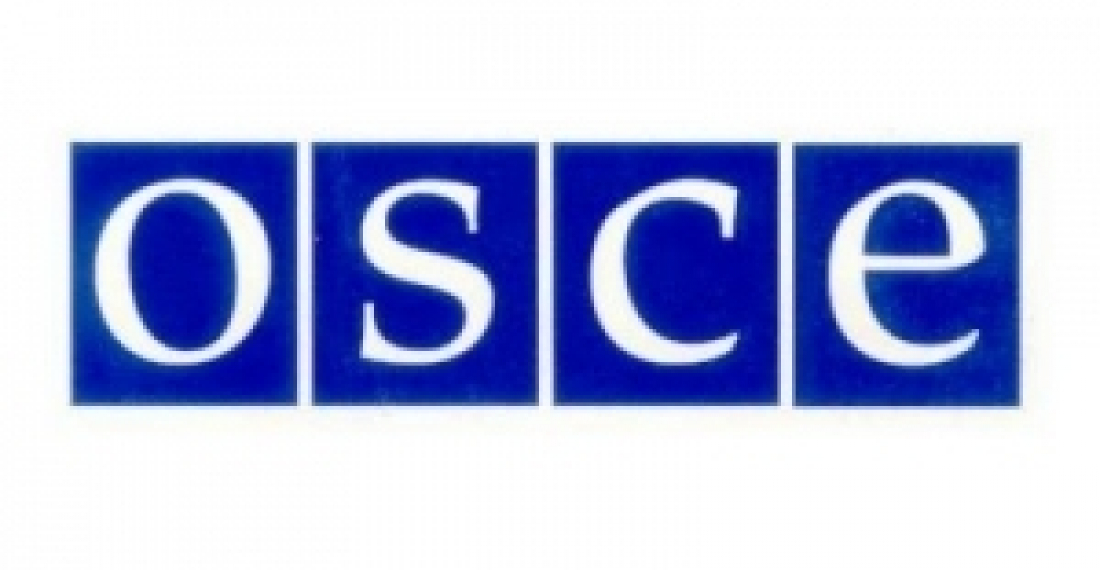Ереван, 19.01.13. АрмИнфо.
Прошедшие 18 февраля президентские выборы в Армении по сравнению с предыдущими выборами были лучше, однако, учитывая слабую представленность кандидатов, им не хватало реальной соревновательности. Об этом отмечается в предоставленном АрмИнфо заявлении руководителя наблюдательной миссии Па ОБСЕ Тонино Пицулы.
Согласно предварительным данным Центральной избирательной комиссии, после подсчета бюллетеней со всех 1988 избирательных участков по итогам состоявшихся 18 февраля шестых президентских выборов в Армении действующий глава государства Серж Саргсян, набрав 58.64 % (861160) голосов избирателей, уже в первом туре одержал победу. Его основной соперник, экс-министр иностранных дел Армении, лидер оппозиционной партии "Наследие" Раффи Ованнисян получил 36.75 % (539 672 голоса), Грант Багратян - 2,15%, Паруйр Айрикян - 1,23%, Андриас Гукасян - 0,57%, Вардан Седракян - 0,42%, Арман Меликян - 0,24%. По предварительным данным ЦИК, на выборах проголосовало 1.521.407 или 68,18% избирателей. Недействительными признаны 50.992 избирательных бюллетеня.
АрмИнфо: Президентским выборам в Армении не хватало реальной соревновательности.
АрмИнфо: Президентским выборам в Армении не хватало реальной соревновательности.






